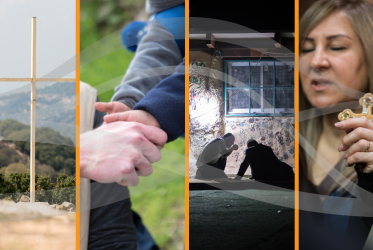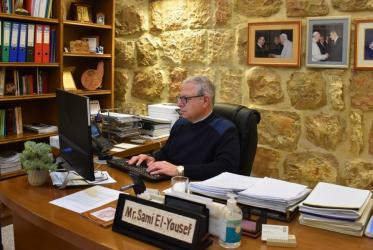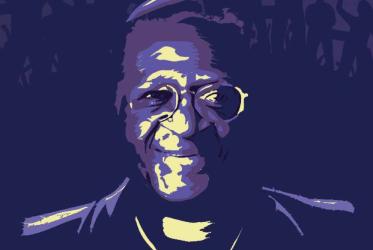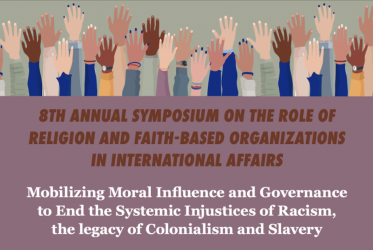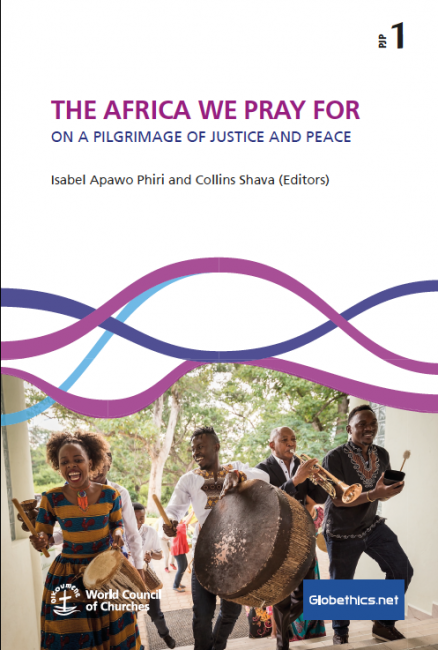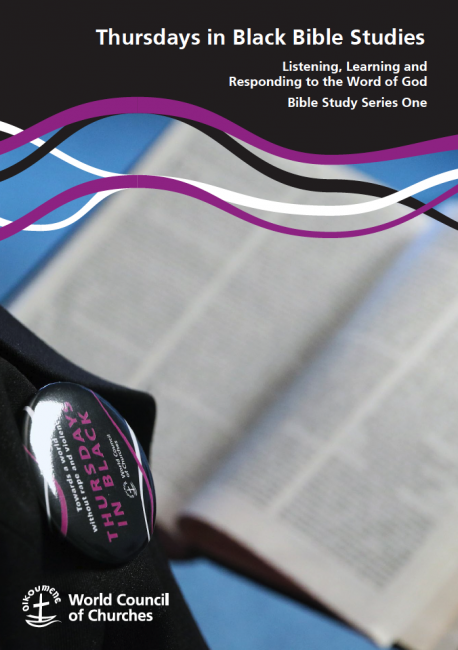Displaying 41 - 60 of 302
Upcoming webinar will focus on COVID-19 and caste discrimination
24 February 2022
Tutu’s legacy: A Zoom panel celebrating “the Arch”
03 February 2022
WCC honoured with Geneva Engage Award
01 February 2022
Thursdays in Black Bible Studies Series 1
Listening, Learning and Responding to the Word of God
21 October 2021
Dr Abuom reflects on women of faith as healers of creation
05 October 2021
How racism and colonialism are exacerbating impacts of climate change
29 September 2021


